Tribute by Mahfuz Anam: A fighter for independent journalism
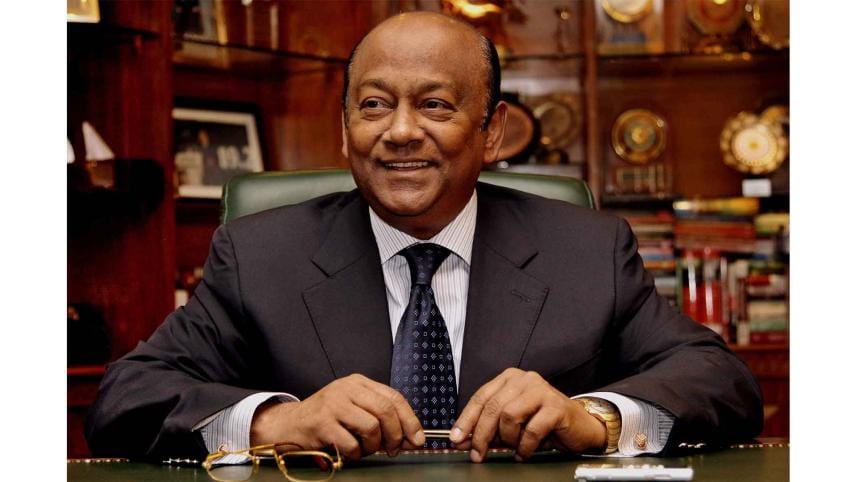
I cannot yet fully reconcile with the fact that Latifur Rahman, Shamim Bhai to us all, is no longer among us. He seemed so much in the driving seat of his affairs just prior to his illness – so aware of what was going on, so surefooted about the plans he was making, and so acutely conscious of the implications of the changes that were engulfing the world. Above everything else, he was so proud of the strides that Bangladesh was making, and confident about its bright future. He used to say to me, "As Bangladesh advances and its economy becomes stronger and bigger, the future of The Daily Star would also grow and expand. Just make sure that you hold your position as the biggest and most trusted newspaper. The country will always need a quality English language daily. If you can maintain your quality and increase the paper's credibility, then your future is assured." His belief encouraged us all, especially me, and doubled my energy to drive on.
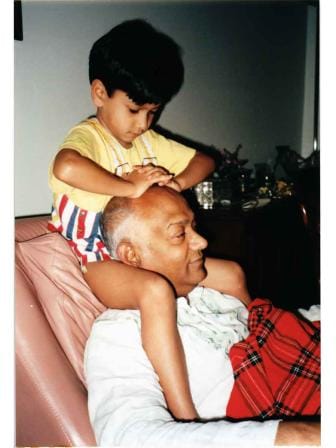
Clear thinking about The Daily Star, unshakeable faith in our economic growth, and supreme pride about his country were the hallmarks of Latifur Rahman, our founder director. He was boastful of the fact that he never invested even one taka abroad and that everything he did was in Bangladesh and for Bangladesh. He would never tire of saying that all of his children had studied abroad, but none of them stayed back and tried to become the citizen of another country. He would also refer to his grandchildren who were studying in the US at that time and say, "I am sure they would all return to serve the country." Little did he know that his favourite one – Faraaz – would serve his country in the most unique but tragic way, bring pride to him, to his family, and to the people of this country with his courage and sacrifice in standing up to the most brutal of killers. Though his pride for Faraaz's action knew no bounds, the pain of the latter becoming a victim of a most vicious act of terrorism was too much for him to bear as a loving and doting grandfather.
Though he tried to carry on with a brave face, he was gradually being eaten away from the inside by this grief, which to most of us seemed insurmountable. Yet he carried on, too proud to show his wound, too committed to work to take time off, and too devoted to his family to show any sign of weakness, lest the rest of the family feel weakened. He had to be the source of courage and strength not only for his family, but for everyone who worked with him – alas, at a great emotional cost to himself.
The more I think of him, the more I realise how fundamental his contributions to this paper were. In a country of family-owned newspapers and in a tradition of the owners running their papers like personal fiefdoms, The Daily Star was the first to introduce a corporate culture in running a newspaper. The existence of a Board of Directors was unknown in the newspaper world, and if known, it was most likely only on paper. Ours was a functional board, led by our founding chair, Azimur Rahman, from the very start: strict on finances, and hands off on journalism. In the last 29 years of this paper (the period of my editorship), I have never received a single phone call or faced any question in the board meetings as to why, as the editor, I took a particular editorial position on any issue, however sensitive or politically volatile. This was The Daily Star's board, of which Latifur Rahman was the most active, lively, knowledgeable, and passionate guide. Once a close friend of his complained about the paper not taking any strong editorial position against the government of the day. His reply was, "I trust the editor fully. When the time comes, he will take the most appropriate position." As and when the paper did, Latifur Rahman called him and reminded him of their earlier conversation. I was told this by the friend concerned. That was the respect, trust, and dignity with which he and the whole board dealt with the editor of the paper.
To me, Latifur Rahman was the most ardent and active supporter of the concept of press freedom. Though a lifelong businessman, he had an intuitive understanding of the value of freedom of expression, multiplicity of views, and independent journalism in ensuring good governance, transparency, accountability, and above all, in establishing democracy and people's rights.
For him, "debates" were at the centre of the intellectual development of a nation, and he wanted very much for The Daily Star to be the "debating" platform for all sorts of ideas and programmes on social and political issues. In-depth analyses of policies and threadbare discussion on them are fundamental responsibilities of newspapers, he used to say.
One idea he was firmly and consistently averse to was military dictatorship or its involvement in the running of the government. He thought Pakistan's plight was singularly due to its military's role, and he was determined that the same shouldn't happen in independent Bangladesh.
On his second death anniversary, we in The Daily Star remember him for his contribution in establishing this newspaper, for his uncompromising stance on the freedom of the press, and for his firm conviction that democracy, with all its flaws, was the best form of government for this country. But above all, we remember him for his faith in Bangladesh, and his personal and institutional contribution towards its prosperity.
To us, he exemplified patriotism.
Mahfuz Anam is the editor and publisher of The Daily Star.




 For all latest news, follow The Daily Star's Google News channel.
For all latest news, follow The Daily Star's Google News channel. 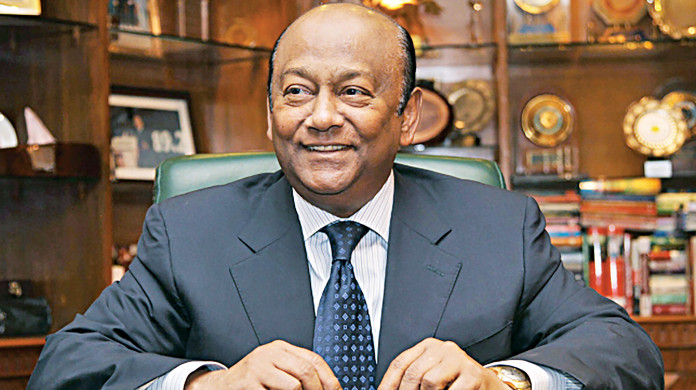
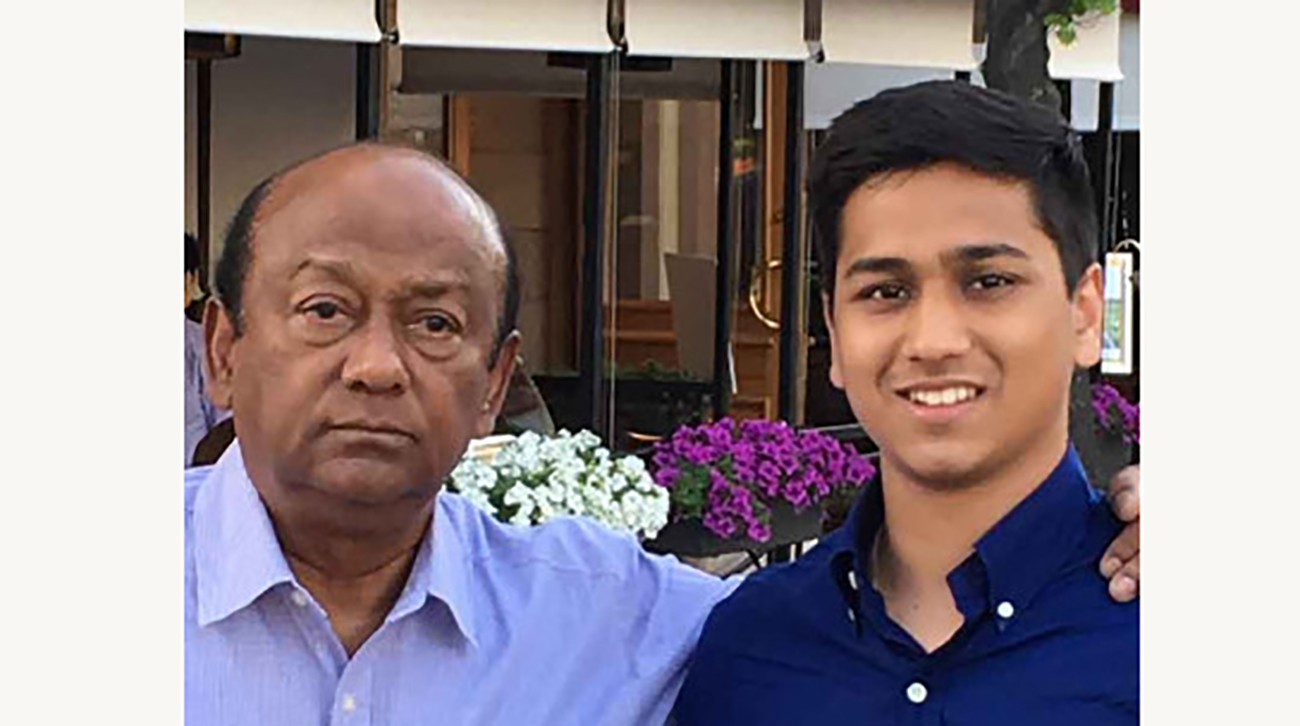
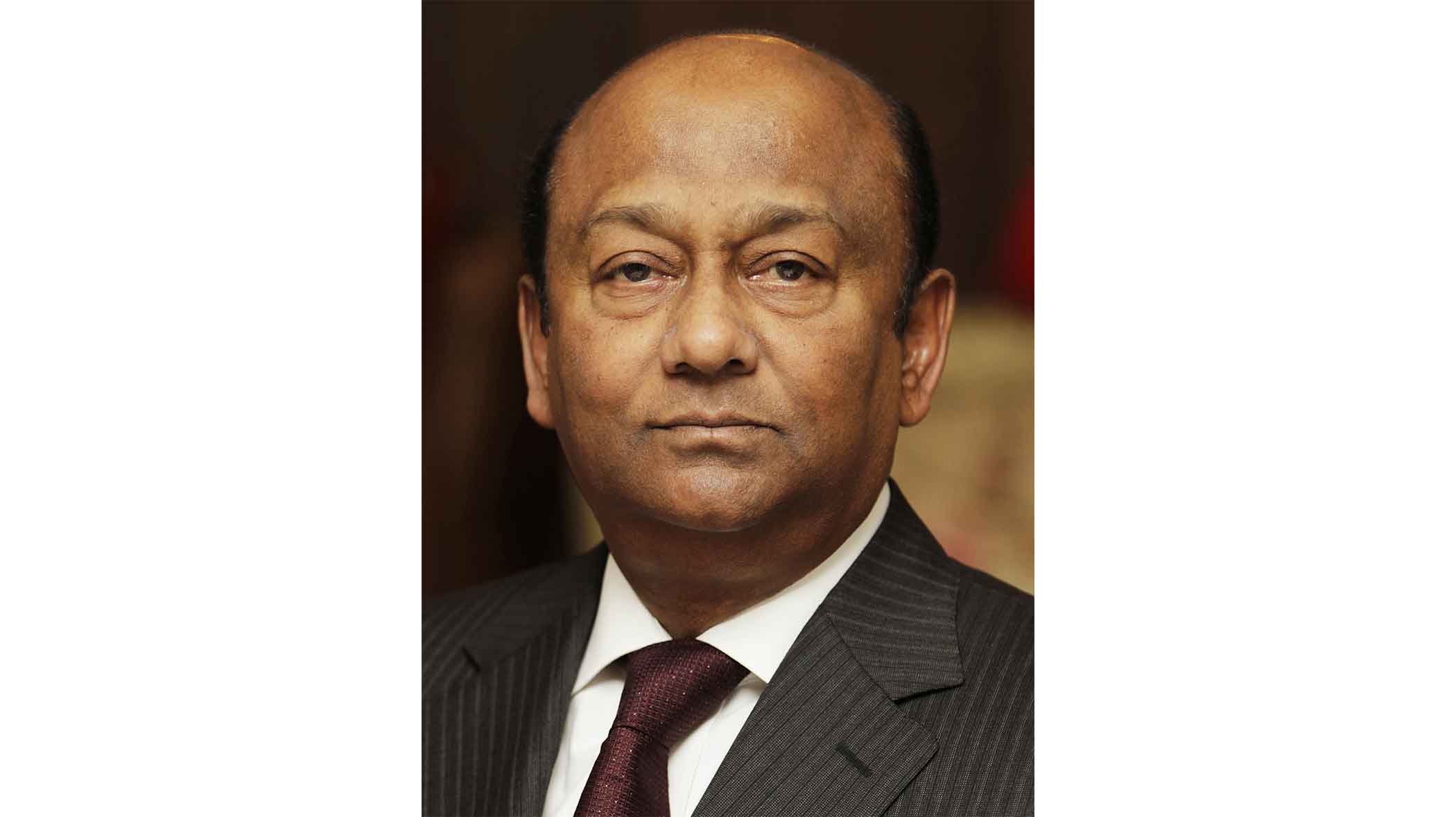
Comments